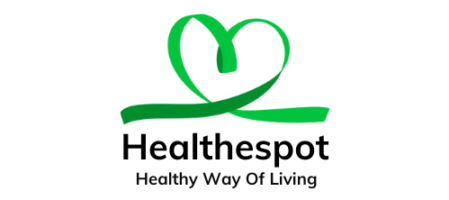The most evident stage in addiction treatment is not using substances; nevertheless, to prevent relapse and continue the recovery process, the person must go through several other steps.
To follow the path of healing and growth, one must be courageous, persistent, and devoted. People develop a toolkit of skills along the way that support them in overcoming obstacles, creating fulfilling lives, and preserving their general well-being. In the speech that follows, we will go over five essential healing practices that will help us move forward.
1. Recognize how to Be Calm in Any Situation
Two of the key motivations for drug and alcohol use are relaxation and stress alleviation. However, if you can de-stress on your own, you won’t need medications, alcohol or other substances to help you relax. As you study and put new coping mechanisms into practice, maintaining long-term sobriety and resolving addiction challenges may become easier. Typical techniques to reduce stress include:
- Reading, writing, or compiling a list of your favorite things
- Strolling
- Playing musical instruments
- A cozy bath
- inhaling deeply
- Yoga
2. Be Truthful to Both Yourself and Others
For someone struggling with drug or alcohol addiction, lying can come easily to them. It’s probable that before deciding to quit using your preferred medication, you came up with a lie. It’s likely that you also made up details about your physical reactions to the drugs or alcohol. To keep using, you have to constantly lie to other people as well as to yourself.
You must learn to tell the truth as a habit and give up lying as you overcome addiction issues. One of the most crucial abilities you must develop for effective long-term addiction rehabilitation is the ability to be completely honest. Be honest with both others and yourself. Tell your family members if you can’t forgive them and you’re angry with them. If you’re having intense cravings, ask your sponsor, counselor, or sober community for support. Whatever the circumstance, choosing to remain truthful will support your sobriety.
3. Remain Active
You most likely invested a significant amount of time in locating, purchasing, and abusing your preferred substance before deciding to stop using alcohol and drugs. You must form new behaviors in place of your old ones while you work towards your addiction recovery. Take up the chores you’ve been avoiding. Learn some new abilities. Acquire proficiency in a language. Explore new locations. Play sports, hike, read, write, or dance. Plan healthful, uplifting activities for your calendar that will maintain your emotional stability and improve your spirits.
4. Assist Others
Help those who are battling drug usage issues as you grow stronger and more resilient. One of the best barriers to substance abuse and relapse is self-worth, which is increased when you assist others. Understanding that you are capable of great things will also help you live a longer life, lower your blood pressure, reduce anxiety and depression, and prevent chronic pain like migraines and headaches. Suggesting an addiction hotline to an addict is a fantastic way to support them. The treatment they can offer can be a helpful resource for you or your loved ones.
5. Mindfulness & Meditation
Meditating and practicing mindfulness can assist you in resolving challenging thoughts and feelings, keeping your attention in the here and now, and seeing and accepting your inner feelings without bias or judgment. In actuality, research has shown that mindfulness and meditation can both aid in calming the mind and have beneficial impacts on the body.
- Increased self-control.
- A more adaptable way of living with greater emotional intelligence increases focus and mental clarity.
- A greater degree of compassion and friendliness.
- Decreased worry and tension.
Conclusion
People learn and develop during their road towards recovery. They must pick up a few crucial talents if they are to succeed on this adventure. These abilities include self-awareness, managing emotions, problem-solving, building strong bonds with others, and self-care. These abilities help people deal more effectively with the challenging aspects of recovery. Healing is about more than just finishing a task; it’s about developing oneself along the way. With each step forward come opportunities for growth, learning, and renewal. Anyone can acquire these abilities and succeed in their recovery process with the right help and motivation.






